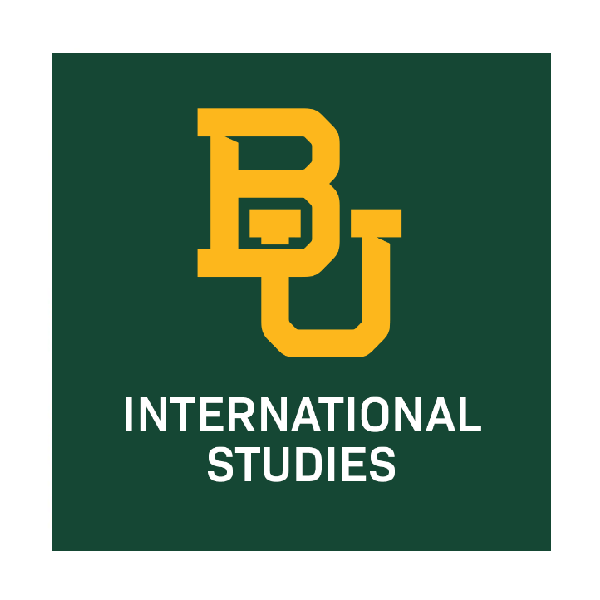Interview by Joseph Molokwu

The journey to the Bureau of Europe and Eurasia at the United States Agency for International Development
During her undergraduate years at Baylor, Anastasia focused on East Asia and aspired to focus on China in graduate school. This was the focus of her foreign service degree at the Georgetown Walsh School of Foreign Service until she took a class on Conflict Management where she did a simulation on the Dayton Accords that ended the 1991 Bosnian War. Over the semester, her interest in the area was piqued by the surprising lack of international awareness of the region. ”Why do people not talk about development in the region?”. Her concentration switched, and six months later, the invasion of Ukraine occurred. As the question of what happens to the area when peace returns became more pressing, her focus became targeted at the United States Agency for International Development. She served as a USAID Pathways intern for four months. Her mentor at USAID, combined with her agency network and targeted regional focus, resulted in her employment in June of 2023.
The role of an Economic Growth specialist
The role entails overseeing programs that foster regional economic growth and development. This can take a variety of approaches, trade facilitation programs, anti-corruption initiatives, and democratic standards projects, as well as implementing programs that bring countries in the region closer to European Union standards and requirements as stated in the EU acquis communautaire.
Language experience and career impact
Foreign language experience is a considerable resume booster and makes applicants more appealing to federal agencies and graduate programs. Anastasia has professional proficiency in Spanish and Mandarin. Both of these are valuable contributions to international development work.
Career and personal highlights
Working for two sizable defense contractors, Lockheed Martin and Leidos, taught about government procurement processes and regulations. Attending Georgetown University and her graduate student cohort enabled her to broaden her ambitions and manifest tangible opportunities. Enjoyed working in both the public and private sectors and the options shifting views create. While the private sector has better pay and benefits, the public sector is mission-driven, attracting people with similar goals and objectives.
Advice to those interested in D.C
Location is critical; every neighborhood has its individual history. Learn about and become part of your local community. Networking is part of the D.C. social system; everyone is part of the connected web. As a young graduate, meet people from as many industries and paths as possible. College will teach you about the theoretical, but they will provide practical tools. Follow up with people you’ve met for coffee or at social events. These are individuals first and workers second.
Advice to current and prospective Baylor students
Intern as much as possible, whether in person, hybrid, or remote. Internships in D.C. or abroad for firms and agencies focusing on International relations are invaluable experience. There are hundreds of internship opportunities, and the earlier you have a specialization, the faster you can progress within your industry. Expand your horizons beyond your home region or area of concentration. Your education has focused on the international; utilize the skills you’ve learned beyond your comfort zone. Work in D.C., even temporarily, to understand the trickle-down effect of policies. Attend graduate school in D.C. if interested in working at the federal level. Many working in the area are alums of these programs and will rate you highly. For current juniors and seniors, take the time to figure out your exact career objectives and chart a plan accordingly. International studies will give you hundreds of opportunities; simply ensure your chosen one aligns with your goals.

Joseph Molokwu (‘24) is an International Studies major and Russian minor from Lagos, Nigeria. In the Spring of 2024, he plans to be engaged with the Baylor in Washington program. His area of concentration is international trade with an emphasis on agriculture. He hopes to attend graduate school and work in trade policy.
